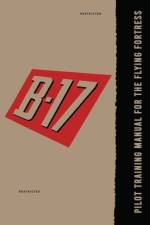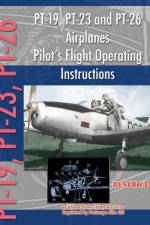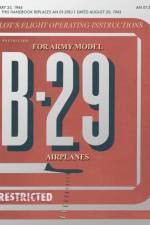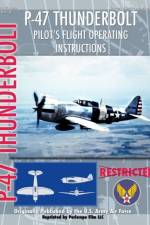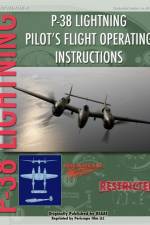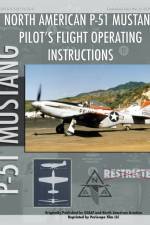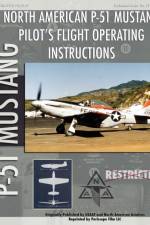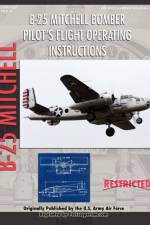av United States Army Air Force
265,-
As late as 1940, the majority of Army Air Force trainees received flight lessons in biplanes such as the PT-17. The advent of high-performance combataircraft led the USAAF to seek a new plane for primary training, that would better simulate a modern fighter aircraft. Fairchild's M62, a two-seat monoplane with a higher stalling speedthat required careful flying, beat out 17 competitors for the job. Designated PT-19, the rugged aircraft was produced in large quantities beginning in 1941. The basic model was equipped with a 200 hp Ranger engine, had a 36'wingspan, and could achieve 132 mph in flight. Variants included the PT-19B designed for instrument training, the PT-23 which had a 220 hp Continental radial power-plant, and the PT-26 "Cornell" which featured an enclosed cockpit. By war's end PT-19s and variants were built by Fairchild, Aeronca, Howard, St. Louis Aircraft Corp. and Fleet Aircraft. The USAAF accepted over 6000 PT-19s and variants, and Cornells flew forthe air forces of Canada, Norway, Brazil, Ecuador, Chile and many other nations. This pilot's flight handbook dates from 1943, and covers the PT-19, PT-19A, PT-19B, PT-23 and PT-26. Originally restricted, it was declassified long ago, and is reprinted here in its entirety.

